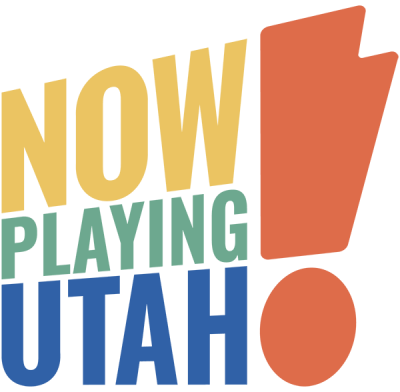The Paiute Indian Tribe of Utah, or “PITU” as it is often called, was created on April 3, 1980 by an act of Congress (25 U.S.C. § 761), which resulted in the Restoration Act (public law 96-227). The Tribe consists of five constituent bands: Cedar, Indian Peaks, Kanosh, Koosharem, and Shivwits. These five Bands have independent identities as communities that date back hundreds of years.
The Paiute Indian Tribe of Utah is engaged in the long, slow climb back from near destruction by the invasion of European settlers and Mormon Pioneers. Their numbers, once in the thousands, dwindled to less than 800. Various US Government movements only made things worse.
Prior to 1954, each Band (except the Cedar Band) of Paiutes had its own separate reservation and functioning Tribal government. But Indian policy took a radical step backwards when Utah Senator Arthur V. Watkins, chairman of the Senate Interior Committee Subcommittee on Indian Affairs, promoted passage of Public Law 762 on September 1, 1954, which resulted in the termination of all federal responsibility over Indian tribes. To set an example, Watkins pushed for termination of Utah Indian groups, including the Shivwits, Kanosh, Koorsharem, and Indian Peaks Paiutes. Once a people able to travel over the land with freedom and impunity, they were forced to deal with a new set of unfamiliar laws and beliefs.
Repudiation of this termination policy began in 1970 under President Nixon and eventually led to the restoration of the fede ... view more »
The Paiute Indian Tribe of Utah, or “PITU” as it is often called, was created on April 3, 1980 by an act of Congress (25 U.S.C. § 761), which resulted in the Restoration Act (public law 96-227). The Tribe consists of five constituent bands: Cedar, Indian Peaks, Kanosh, Koosharem, and Shivwits. These five Bands have independent identities as communities that date back hundreds of years.
The Paiute Indian Tribe of Utah is engaged in the long, slow climb back from near destruction by the invasion of European settlers and Mormon Pioneers. Their numbers, once in the thousands, dwindled to less than 800. Various US Government movements only made things worse.
Prior to 1954, each Band (except the Cedar Band) of Paiutes had its own separate reservation and functioning Tribal government. But Indian policy took a radical step backwards when Utah Senator Arthur V. Watkins, chairman of the Senate Interior Committee Subcommittee on Indian Affairs, promoted passage of Public Law 762 on September 1, 1954, which resulted in the termination of all federal responsibility over Indian tribes. To set an example, Watkins pushed for termination of Utah Indian groups, including the Shivwits, Kanosh, Koorsharem, and Indian Peaks Paiutes. Once a people able to travel over the land with freedom and impunity, they were forced to deal with a new set of unfamiliar laws and beliefs.
Repudiation of this termination policy began in 1970 under President Nixon and eventually led to the restoration of the federal trust relationship of the five Bands reorganized as the Paiute Indian Tribe of Utah.
Thus, while the PITU community itself is only in its second generation of existence, the PITU is actually a confederation of constituent Paiute communities that have been independent for many generations.
The Paiutes have struggled for more than 100 years to obtain a small place to call home and to live free. Still the effort to secure water rights and land to preserve the culture and way of life goes on. Now the Tribe is seeking to rebuild and regain its culture, sovereignty, and autonomy, and provide for its people. The struggle is long and difficult but the Paiute will survive.
View less





